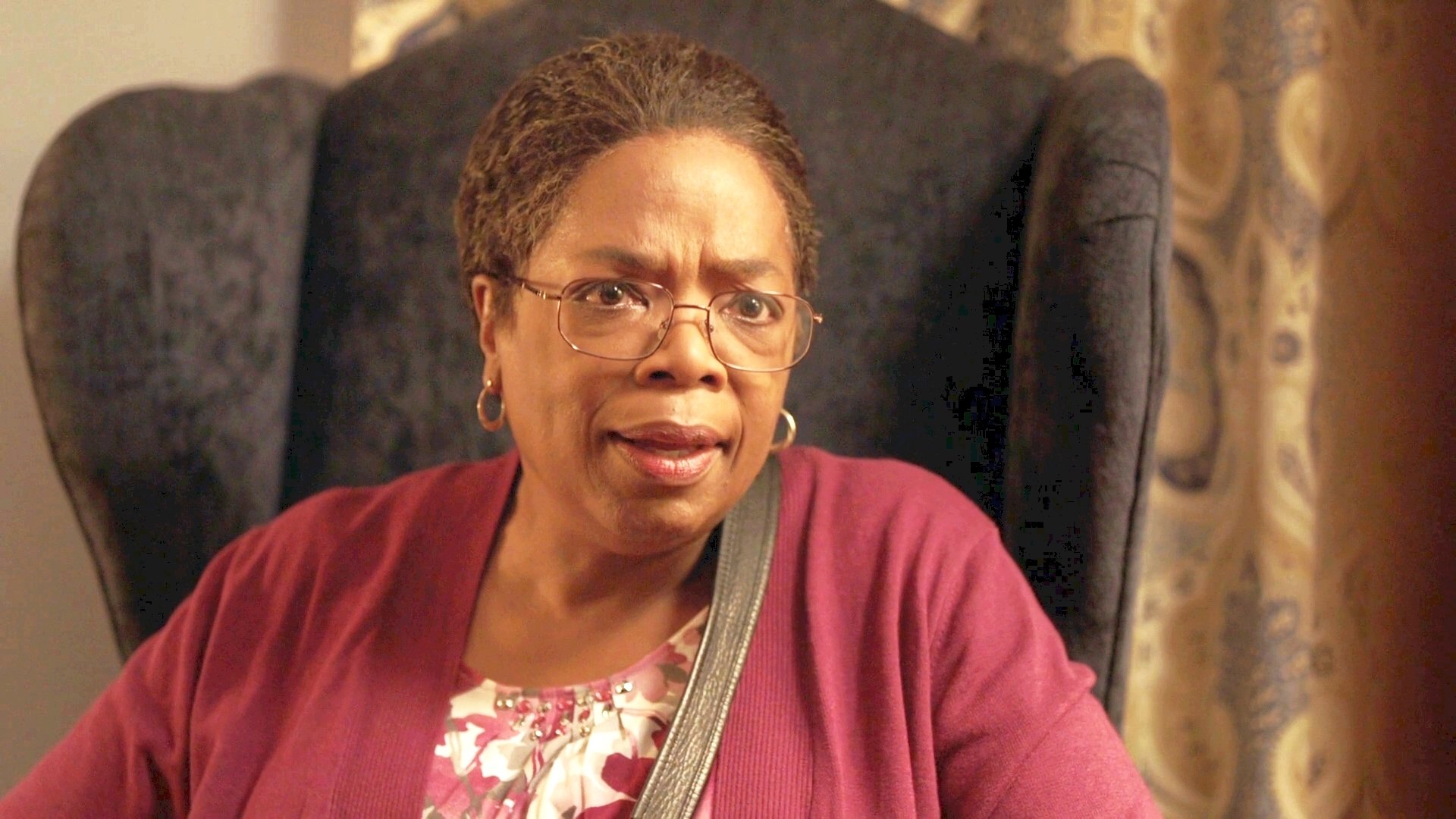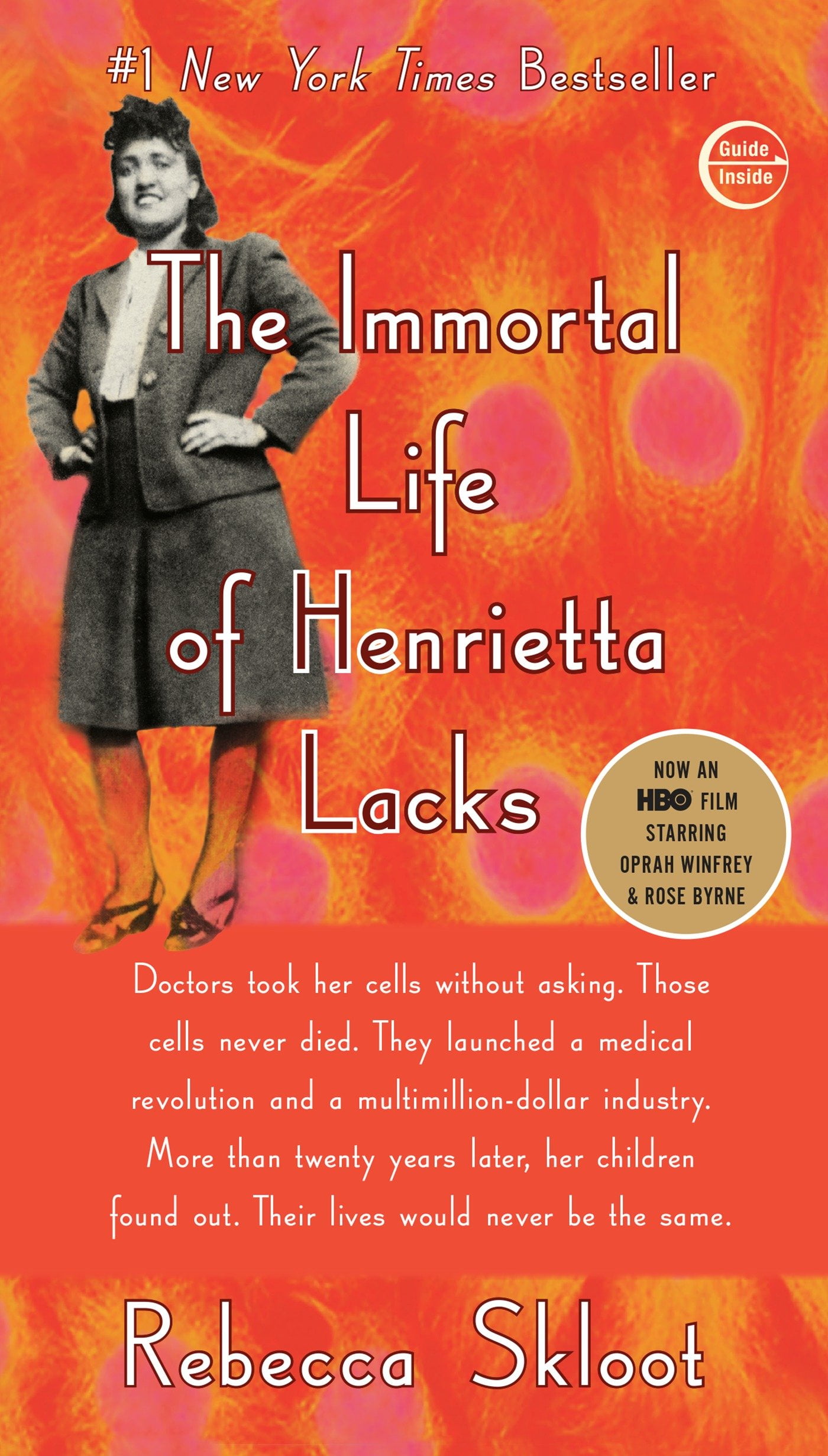

I don’t recall this being said in the book, but the movie does show Deborah telling Rebecca this. She said that Deborah would say to her, “Don’t you make me be in that book by myself! You’re part of the story now too-Henrietta’s gonna get mad and come get you if you try to leave yourself out of there!” My second time around though, I appreciated that she included herself, and realized how could she not? On Rebecca’s website she talks about how for a long time she refused the idea of putting herself in the book. My first time reading this, I was kind of annoying how much Rebecca put herself in the story. There’s a reason why she couldn’t let go of the woman behind the HeLa cells, and a reason why events in Skloot’s life happened the way they did to lead her to tell the story of the Lacks family. Deborah says it was Henrietta leading Rebecca along, and I believe that as well. The rest, as they say, is history.”Īs someone who believes in God, I believe God inspired Skloot to tell Henrietta’s story. The next day I started researching MFA programs in creative nonfiction writing. That’s not giving up, it’s changing directions, which can be one of the most important things you do in life. Then he said these essential words: Letting go of a goal doesn’t mean you’ve failed, as long as you have a new goal in its place. I told him I couldn’t imagine giving up on my dream of becoming a vet. You know, he said, you don’t have to go to vet school just because that’s what you always planned to do-you could go to graduate school in writing instead. He told me he thought the world needed more people who understood science and could convey it to the public. Then one day, when I was getting ready to submit my applications for vet school, my writing teacher pulled me aside and said, Do you realize you’re a writer? And do you know there’s such a thing as a science writer? I didn’t. “More than a decade later, while working my way through a biology degree, I took my first creative writing class as an elective…At the start of that class, the teacher gave us this writing prompt: “Write…about something someone forgot.” I scribbled, “Henrietta Lacks” at the top of my page, then wrote an essay about how the whole world seemed to have forgotten about Henrietta, but I couldn’t-I was weirdly obsessed with her, and still wanting answers to those questions I’d asked my biology teacher so many years earlier. She first heard of Henrietta Lacks when she was 16, and from there went on to go to school to become a vet, which is what she had been planning on doing since she was a kid. She talks a lot about the science that went on with the HeLa cells and other stories, yet she tells it in a way that someone with no science or medical background (like myself) can understand. My first time reading this book, I was instantly captivated by the story. As well as learning about the impact that her death and her cells had on her family as well as a the world. This book tells the story of Henrietta, seeing her as the human being she was. Her family was not told they took her cells, and they had no idea her cells were alive and being sold around the world.

They were the first cells to continue living and growing and have impacting the science in medical world in ways we have all benefited from. When she was alive, as well as after death, her cancer cells were taken and biologist George Gey was able to grow them. Henrietta Lacks is a black woman in the early 50’s who has cervical cancer. The Immortal Life of Henrietta directed by George C.

The Immortal Life of Henrietta Lacks by Rebecca Skloot (2010) You can read the blog, or you can click on one of the icons below to listen to the podcast version! This podcast has a guest, so the blog version and the podcast version are very different! The post below is what I used as notes when talking to my guest on the show.


 0 kommentar(er)
0 kommentar(er)
